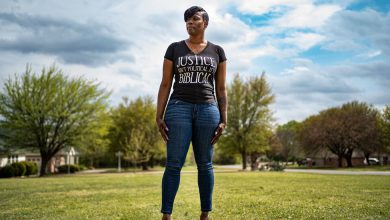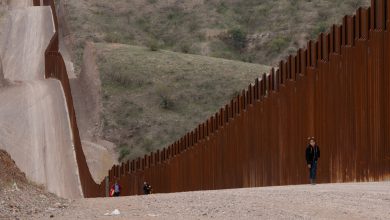What Would Happen if the U.S. Suddenly Seemed Like a Risky Investment?

Financially speaking, the United States has been a Teflon nation. Bad things happen — near defaults, giant budget deficits, a Capitol invasion — but nothing sticks for long. The world’s investors keep pumping money into the country, which keeps interest rates low and stock prices high.
That nonstick finish doesn’t have a lifetime guarantee, though. If the United States becomes dysfunctional enough, global investors will rationally conclude that the safe haven isn’t safe anymore.
They will move some of their money elsewhere — to Canada, Germany, Japan, maybe China. Financing costs in the United States will rise, economic growth will slow, and living standards will fall short of expectations.
Treasury Secretary Janet Yellen is slated to give a speech Friday afternoon in Arizona on accountability, economic freedom and rule of law. “Democracy is not just intrinsically good,” her prepared remarks read. “Promoting democracy is also good economic policy.” I assume her speech is at least partly politically motivated, but I also think she’s right.
Ernie Tedeschi has tried to put some numbers on the risks of political chaos of various sorts. He is the director of economics at the newly formed Budget Lab at Yale. Until March he was the chief economist of President Biden’s Council of Economic Advisers. He gave me a first look at a report on the topic that he wrote for the Budget Lab.
By Tedeschi’s estimates, adjusted for inflation, if the United States came to be perceived as carrying a similar risk for investors as Britain, after 10 years, average stock-market wealth per household would be $50,000 lower and the economy would be 1 percent smaller than if the status quo were to continue.





